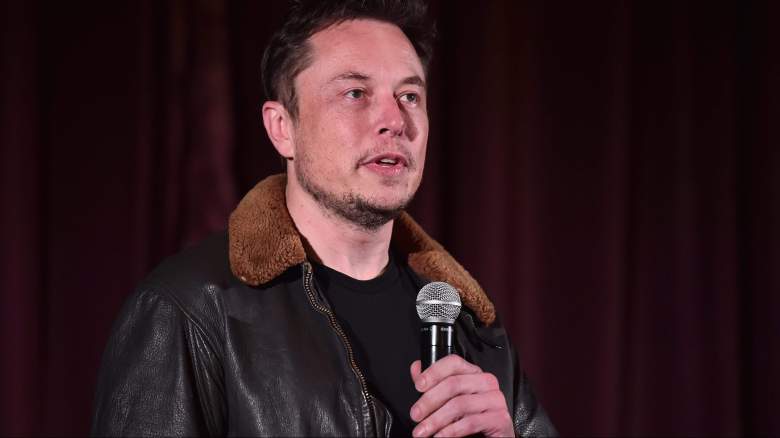
By Paurav Shukla, University of Essex
Elon Musk has announced that he is thinking of taking Tesla private, eight years after the automaker’s initial public offering. The news immediately created a buzz in financial markets and Tesla’s share price soared.
Musk’s reasoning, outlined in an email to Tesla staff, is that he wants to escape the “wild swings” in stock prices that result from Wall Street speculators. Going private would allow the company to focus on its long-term goals. There’s a big challenge here of finding a funder, but if Musk manages it, taking Tesla private would also help the company boost its brand.
Going private would also offer Musk and his team much more control over the company’s future vision and daily operations. It will also allow Tesla to control the financial information that gets released to the public and so reduce public scrutiny at times when it is making losses. In doing so, Tesla will follow a number of luxury brands that are still privately owned including Chanel and Rolex.
Read more:
Elon Musk’s claim that Tesla won’t need rescuing is for the birds – here’s why
Wrong Turn
Since its launch, Tesla has positioned itself as a luxury car brand but this has run into trouble lately. The focus on innovative electric vehicles and self-driving technology put it squarely in the luxury bracket, as most successful luxury brands are known for being unique and innovative. And the pricetag on Tesla’s early models matched this: the Model X was priced above £70,000 and Model S priced above £65,000.
But then Tesla took a wrong turn. It made a strategic move that is hurting the brand’s value substantially. The new Model 3 is priced in the £30,000 range, which is where most premium cars compete and the economics of the premium market are completely different to the economics of the luxury car market.
Any luxury goods market thrives on scarcity. Ferrari, for example, keeps its production limited to around 7,000 to 10,000 cars per year. When Tesla had production delays and people had to wait for the Model X and S, customers were supportive because that’s the nature of luxury. Product scarcity increases the value of luxury and that is exactly what happened in the case of Tesla initially.
The premium car market, where the cheaper Model 3 sits, is not driven by this thinking, however. Buyers expect an abundance of availability. They do not want to wait for a premium product and get agitated when it is not available. This has been reflected in Tesla’s stock price this year.
From the production side, the margins are low in the premium market, too, so profits depend on high volumes. Hence, when Musk recently boasted on Twitter that Tesla had produced 7,000 cars in seven days, Ford CEO, Steven Armstrong poked fun at it by commenting that Ford produces 7,000 cars every four hours.
The Model 3 order book shows reservations in the range of half a million cars, with more than 1,800 being added everyday. So, at present production capacity, Tesla will struggle to satisfy consumer demand any time soon. This is potentially highly damaging for a premium car brand and, with lots of competitors in this space, consumers are liable to switch. Not only does this hurt the bottom line, it fuels those that are betting on Tesla to fail (and the large number of short-sellers of Tesla stock has been a particular annoyance for Musk, as he made clear in his recent staff memo).
Plagued with these short-term financial issues and the negative effect they are having on the Tesla brand, moving private may offer some respite. It will give greater control over the production issues and even offer the chance to play up the virtues of scarcity of production.
Going private will also help reestablish Tesla as a luxury brand. This kind of radical is both expected and accepted of luxury brand leaders (take Burberry, for example, which recently destroyed £28m of its clothes and cosmetics to sustain its brand position).
![]() Taking Tesla private not only elevates the brand in the public consciousness, it also creates a mystique around both the CEO and the brand. Plus, by removing the company finances from the public realm, Musk can better pursue his long-term vision of delivering innovative and futuristic vehicles, rather than meeting the quarterly growth targets that financial markets demand.
Taking Tesla private not only elevates the brand in the public consciousness, it also creates a mystique around both the CEO and the brand. Plus, by removing the company finances from the public realm, Musk can better pursue his long-term vision of delivering innovative and futuristic vehicles, rather than meeting the quarterly growth targets that financial markets demand.
Paurav Shukla, Professor of Marketing, University of Essex
This article was originally published on The Conversation. Read the original article.